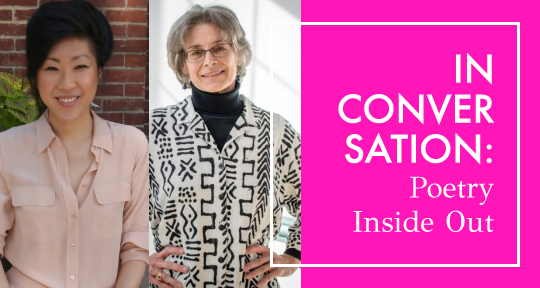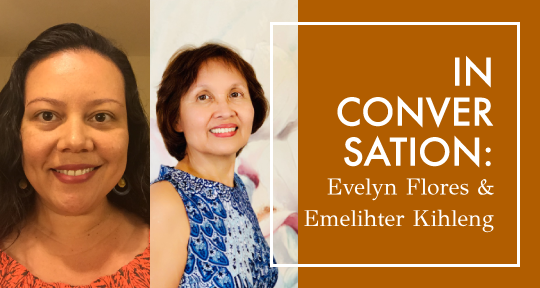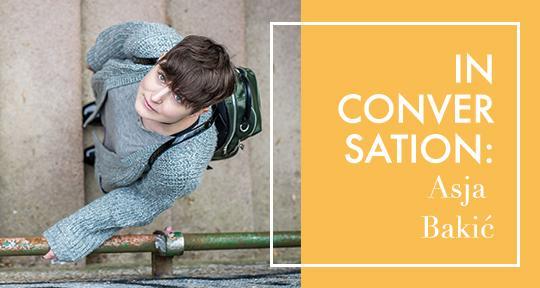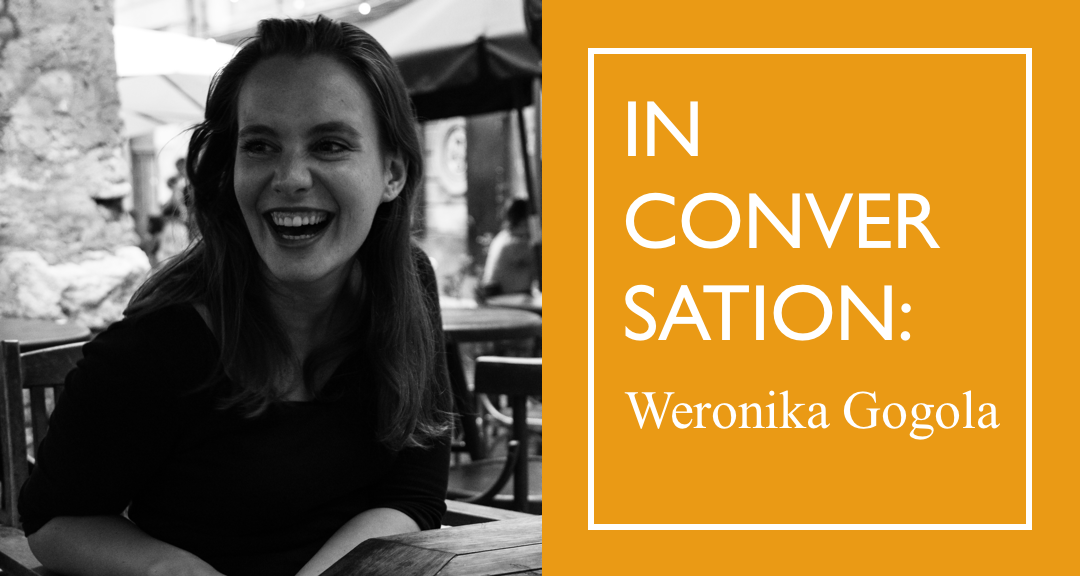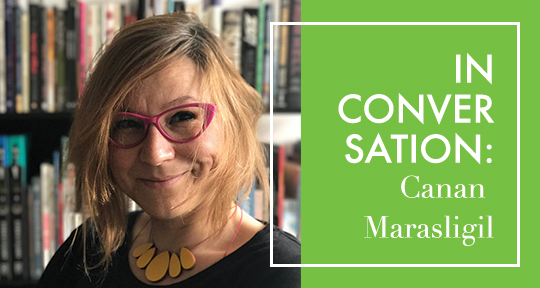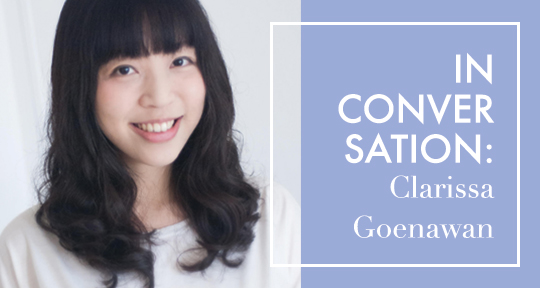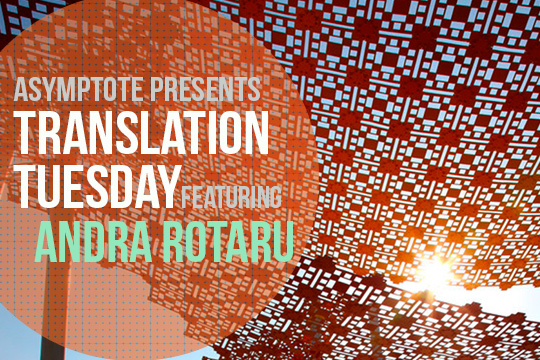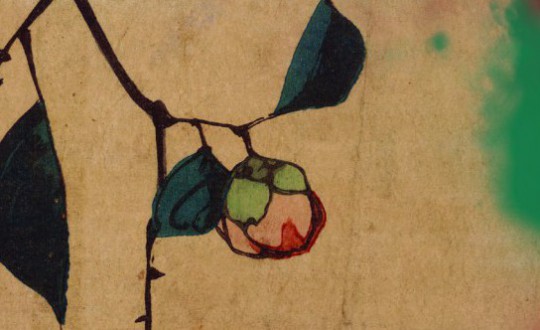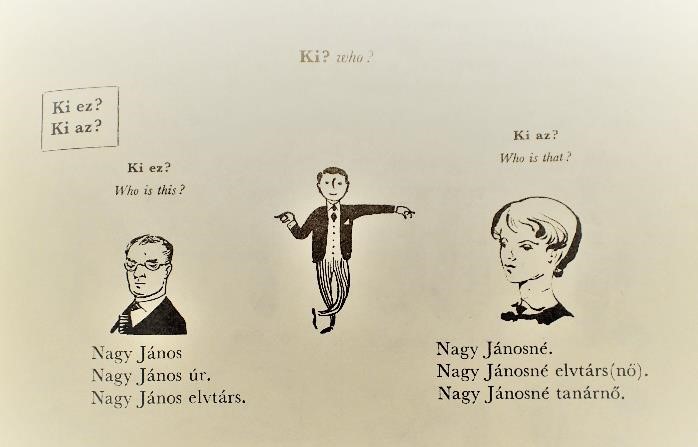Poetry Inside Out is a cross-cultural literacy program designed to engage students from elementary to high school with collaborative literary translation. It was developed by the Center for the Art of Translation in San Francisco, California, and is now used in schools across the United States. The process begins when students receive a “poetry package” containing a poem in a foreign language, a picture and biography of the poet (written in English), and a “translator’s glossary” that provides meanings for the words in the poem. Students then split up in pairs to translate the poem “phrase by phrase.” Once they agree on a translation, they meet up with another pair of students to compare translations and to work on it further to “make it flow.” Lastly, all groups share their translations and discuss the similarities and differences across each group’s translation as well as the poem’s possible meaning. I first encountered Poetry Inside Out in a teacher workshop and was struck by the intensity of the process and by the sophisticated thought processes seen in videos of sixth grade students engaging in Poetry Inside Out.
Sarah Michaels and Jie Park, both professors at Clark University in Worcester, Massachusetts, recently received an “Engaging New Audiences” grant to develop a curriculum and a seminar for ESL teachers to learn and use Poetry Inside Out in their classrooms. Both have been observing and documenting the implementation of Poetry Inside Out at Worcester public schools for more than six years.
Barbara Thimm (BT): Poetry and translation are unlikely subjects and skills to be taught in elementary and middle school. When and why did you get interested in Poetry Inside Out?
Sarah Michaels (SM): I first heard about Poetry Inside Out from Marty Rutherford, who was working at the Center for the Art of Translation and really revamped and energized it. We got Marty to come out here and give a workshop to a bunch of us teachers and do a Poetry Inside Out lesson in one of the schools that we collaborate with. I picked it up as part of a first-year intensive seminar with undergraduates: we did Poetry Inside Out in an after-school program at the same school where Marty had done her first lesson. That got undergraduates working with sixth graders.
Then Jie arrived, and she brought it to some teachers she was collaborating with in another school—teacher researchers who taught ESL. Probably the majority of kids at that school who speak English speak a language other than English at home, so there were lots of English learners and lots of bilingual kids in these regular classrooms.
Jie Park (JP): I was introduced to Poetry Inside Out six years ago when I got to Clark, and it really resonated with me as someone who looks at language and literacy with immigrant multilingual youth. But to answer your question: The teachers I work with would all say that translation makes so much intuitive sense when you’re working with multilingual youth because it is something these kids already do at home, for family members, for friends, at school, for classmates, for their teachers. That is, we are building on a tool or practice that they’re already confident and quite familiar with, and they have lots of ideas about the powers of translation but also the responsibilities, the dangers, or the stress. This feeds into what we’re trying to do, which is to build on the assets that kids come into the classroom with, not seeing them as lacking in something but to ask what they already have that we can leverage to help them. That’s why I think translation makes so much sense.

